Peterhead film director Jon Baird surely summed up the ambivalent feelings of many football supporters across the globe to the World Cup in Qatar with one short, sharp tweet at the weekend.
He said: “It’s World Cup day. Anyone have those butterflies, that sense of excitement, hoping the underdog hosts triumph in their opening game? No, me neither!”
There can’t have been too many events in sporting history where the build-up to the action has so comprehensively exposed the failings of the organising country, their shoddy practices which led to the deaths of thousands of construction workers, allied to the emirate’s refusal to enter the 21st century when it comes to tackling inequality.
Homosexuality in Qatar is illegal and punishable by up to three years in prison. A report from Human Rights Watch documented cases last month of Qatari security forces routinely arresting LGBTQ+ people and subjecting them to “ill-treatment in detention.”
Fifa president Gianni Infantino raised eyebrows on Saturday when he attempted to show empathy with marginalised groups by telling the media in Qatar: “I feel gay… I feel like a migrant worker.”
It was excruciating, not least because all this public breast-beating and soul-searching merely highlights how the governing body was dazzled by wads of cash and shiny new venues when it awarded the competition to Qatar in 2010.
Yet, we shouldn’t pretend there is anything new about all this.
The Olympic movement has long since flirted with fascism and totalitarianism and, earlier this year, Vladimir Putin was allowed to hog centre stage with Russia hosting the Winter Olympics in Sochi just a few weeks before he launched a full-scale military invasion of Ukraine.
No problems with Nazism in 1936
The International Olympic Committee (IOC) was quite comfortable with Hitler’s swastikas and Nazi regalia being used for propaganda purposes at the 1936 Games in Berlin and argued sport was more important than politics when it pressed ahead with the Olympics in Moscow in 1980, months after the Soviets had dispatched their tanks and troops into Afghanistan.
Fifa has never been any different or certainly not since the 1970s when these global extravaganzas became a licence to print money for the authorities, allied to the increasing impact of multi-million-pound sponsorships by international companies, who are solely interested in flogging their fizzy drinks, burgers or new cars.
In these days, there were precious few people asking, for instance, why Mexico City was given the right to stage the World Cup both in 1970 and 1986.
Or why Argentina, presided over by a ruthless military junta which brooked no opposition and invaded the Falklands four years later, was handed the keys to the competition in 1978.
I don’t recall these stories being widely disseminated in the build-up to Scotland travelling to South America with hope in their hearts and a huge sense of anticipation – only for Ally’s Tartan Army to have their optimism crushed by Iran and Peru.
If anybody had raised objections because of the heinous crimes being perpetrated on countless Argentine citizens, they would have doubtless have been derided as “spoilsports”.
But gradually, the details emerged from the very mouths of some of the players who travelled with the SFA entourage and were shocked at what they witnessed.
Alan Rough was one of the larrikin figures who was offered the chance to explore the neighbourhood and he, Aberdeen’s Joe Harper and Rangers’ Derek Johnstone very quickly discovered they weren’t on a holiday in Disneyland.
He told me: “On our return to our hotel, we got lost and we couldn’t find the right way back. Eventually, Joey spotted a fence, and said: ‘That doesn’t look too high, so why don’t we just climb over it and jump on to the other side?’
“But it sparked a diplomatic incident.
“As soon as we had done that, we were directly above a trio of police officers, carrying machine guns, aimed in our direction. We didn’t have any accreditation, so they hauled us down and stuck us against a wall.
‘My life flashed in front of me’
“For a few seconds, my whole life flashed in front of me. But then, the officer in charge arrested us and led us away and we had to explain ourselves to a couple of World Cup administrators, who lectured us about how we had to be more careful in the future.”
Thankfully, as the trio were given a slap on the wrists, this was Argentina, not Chile where, just 12 months earlier, the Scots had shamefully embarked on a summer tour, despite the SFA being offered copious material by Amnesty International about the atrocities which were being carried out there, many of them in football stadiums.
As the players walked through the arena, they spotted bullet holes along a wall which the Chilean authorities had tried – and failed – to conceal with plaster.
But it was too late to make any political statement or grapple with moral dilemmas. They shouldn’t have gone, yet money and prestige had talked louder than decency or integrity.
It will probably be the same in the weeks ahead and, let’s be honest, if Scotland were involved in Qatar, I suspect the majority of fans would keep their reservations private.
None of which glosses over the concerns of such luminaries as Eric Cantona, who has said he won’t be watching the tournament: “It’s only about money and the way they treated the people who built the stadiums, it’s horrible.”
It is. But football has long since ceased to have any problems with pandering to dictators, rule-breakers and human rights abusers.
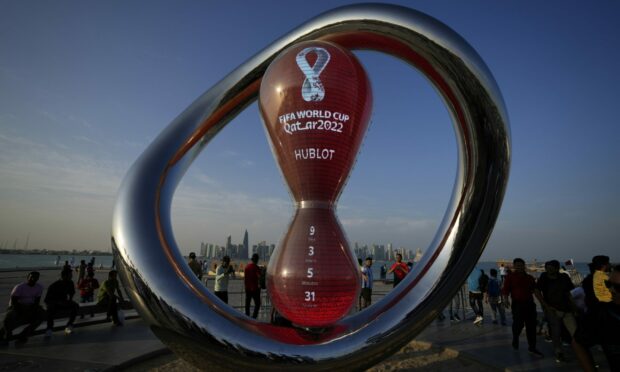
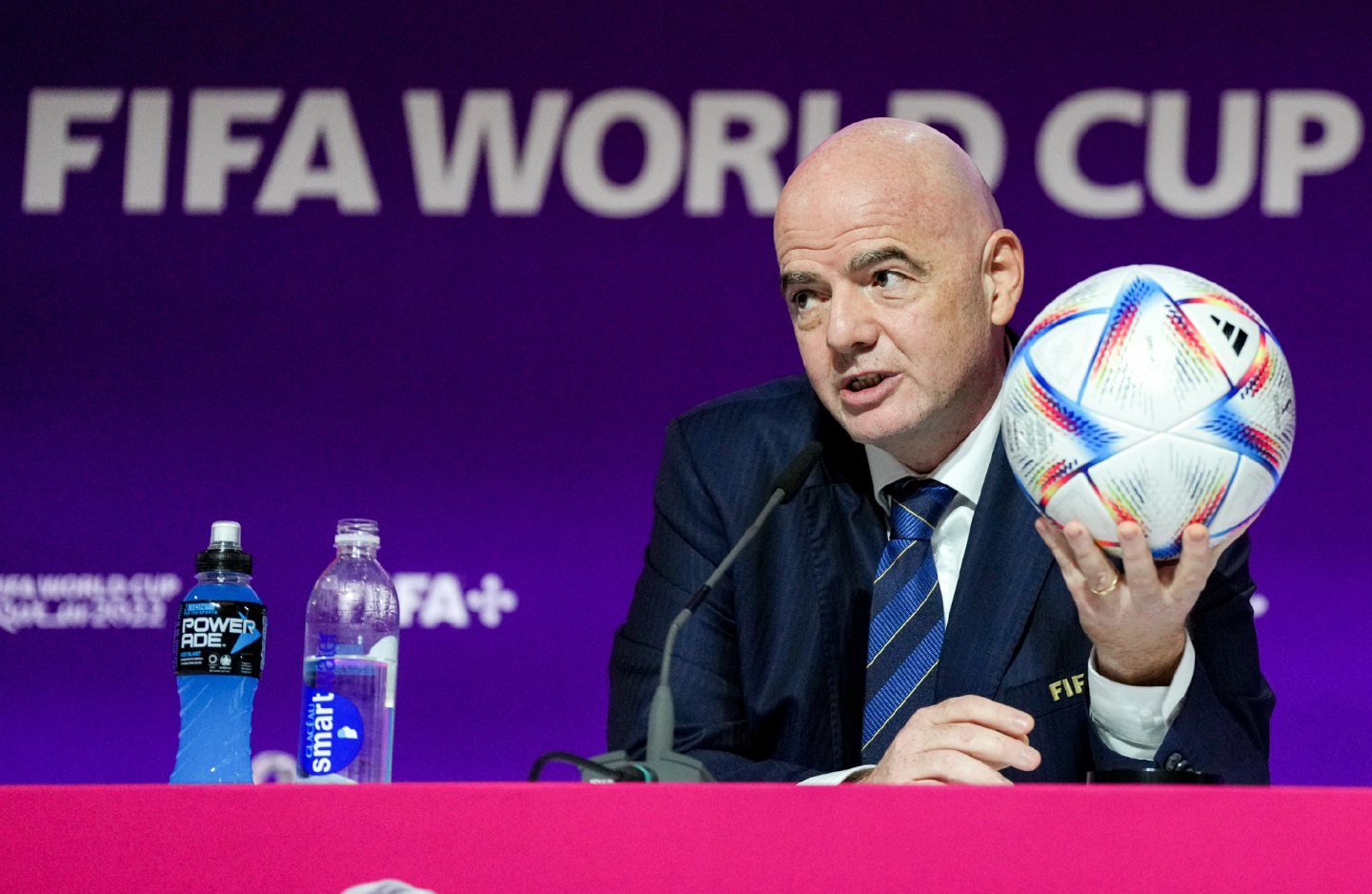
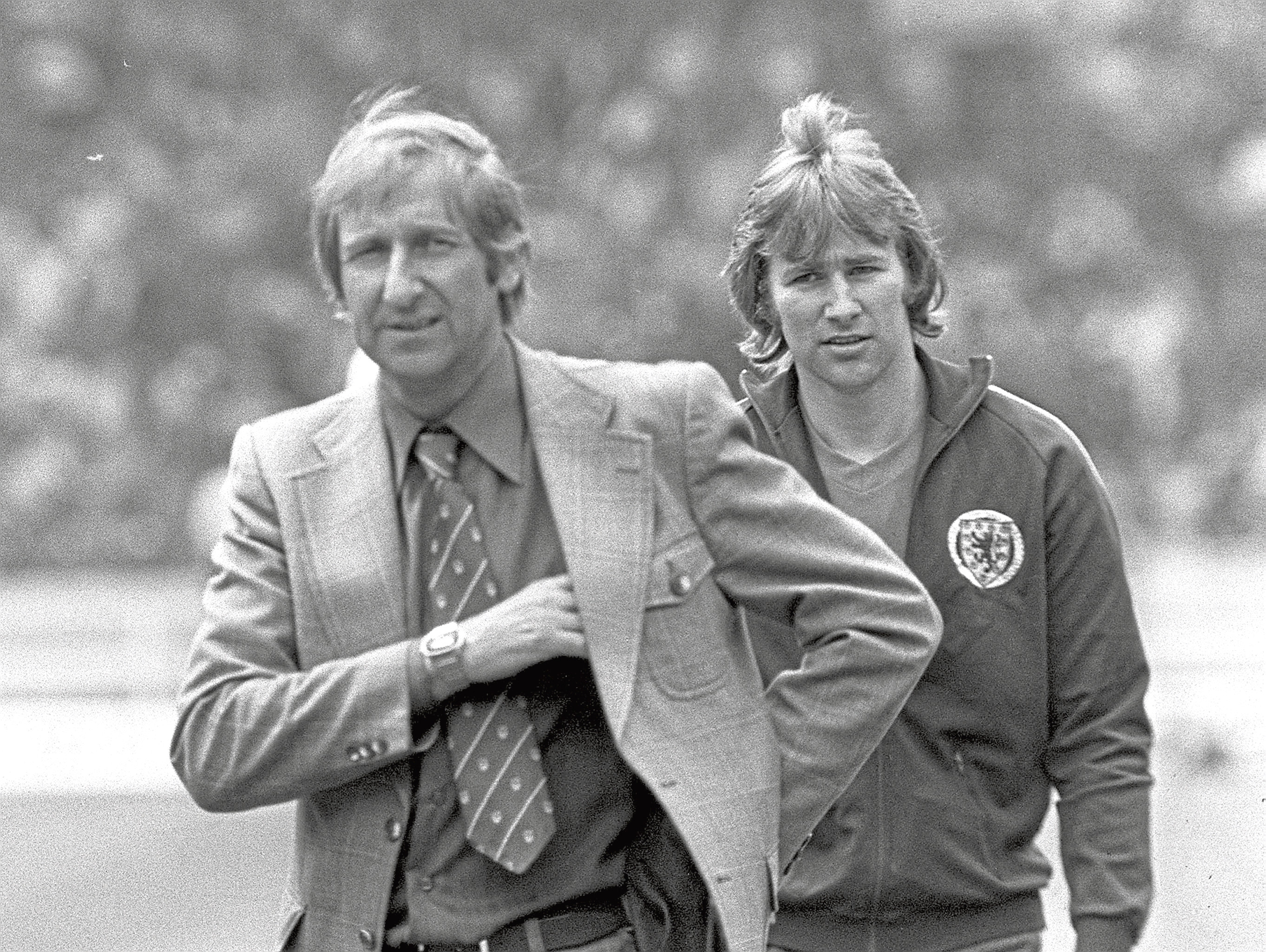

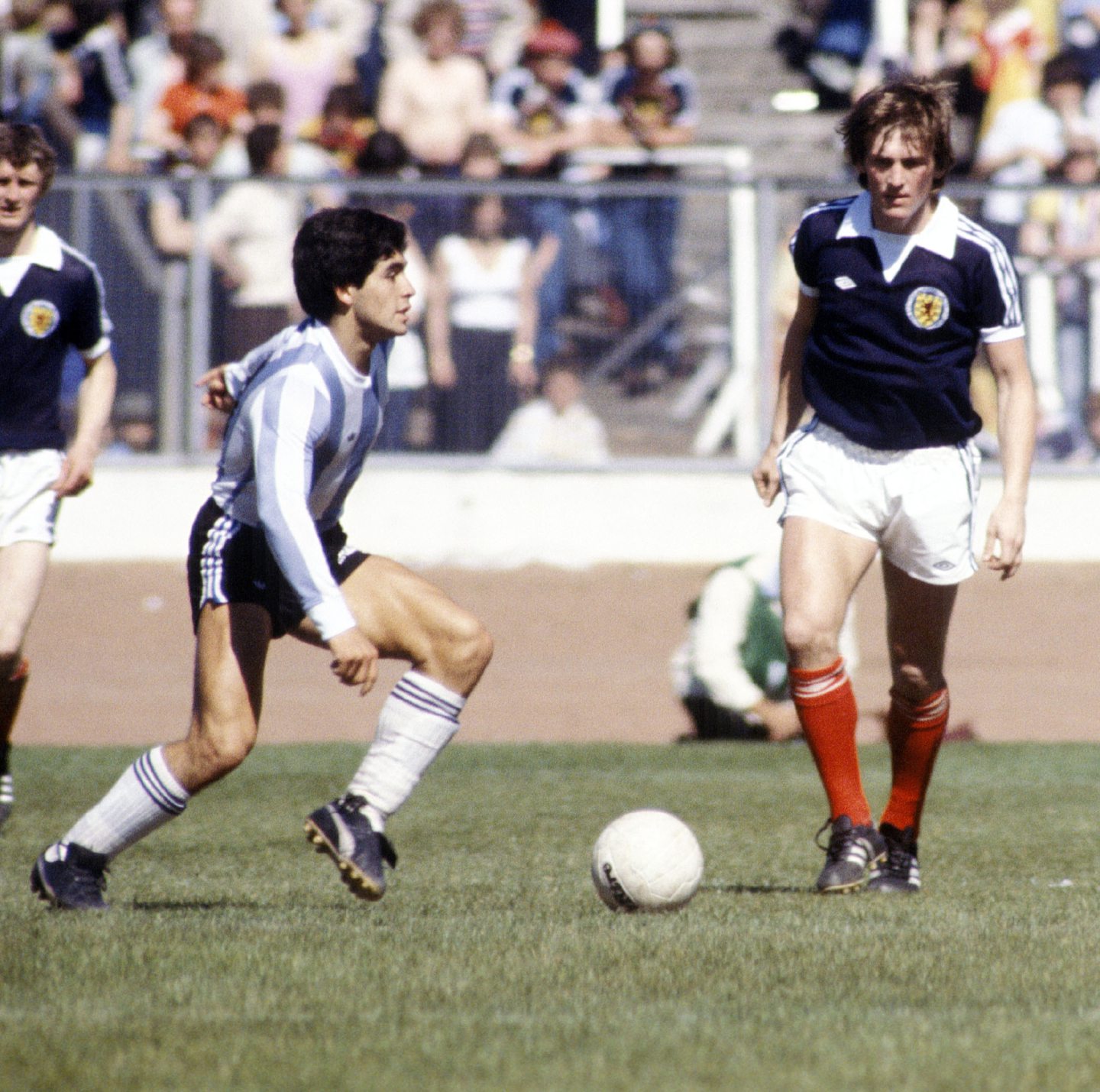

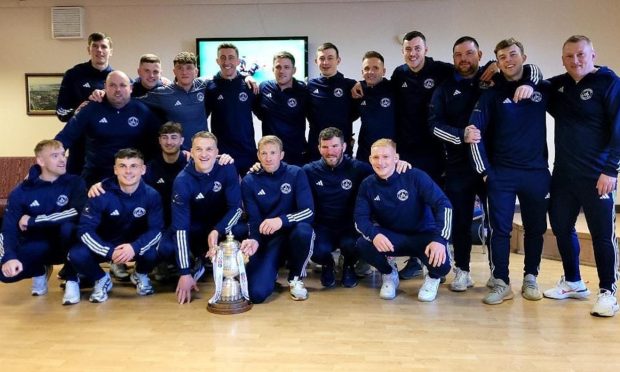
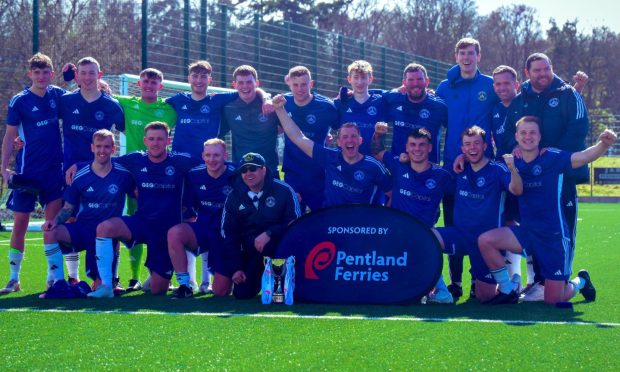
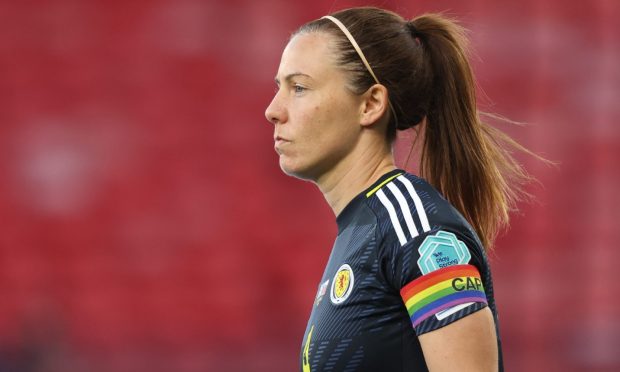
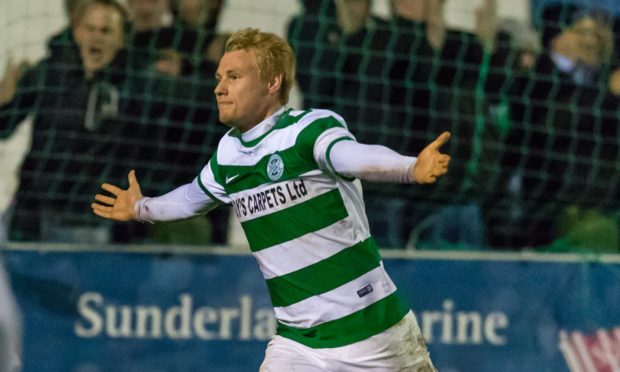
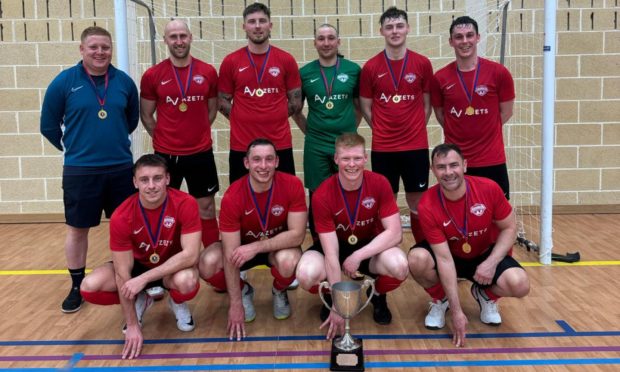

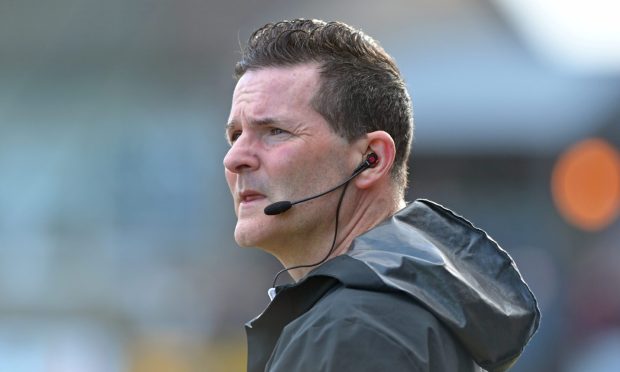
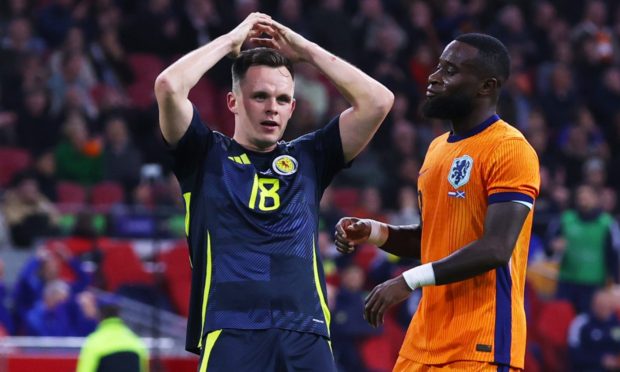

Conversation